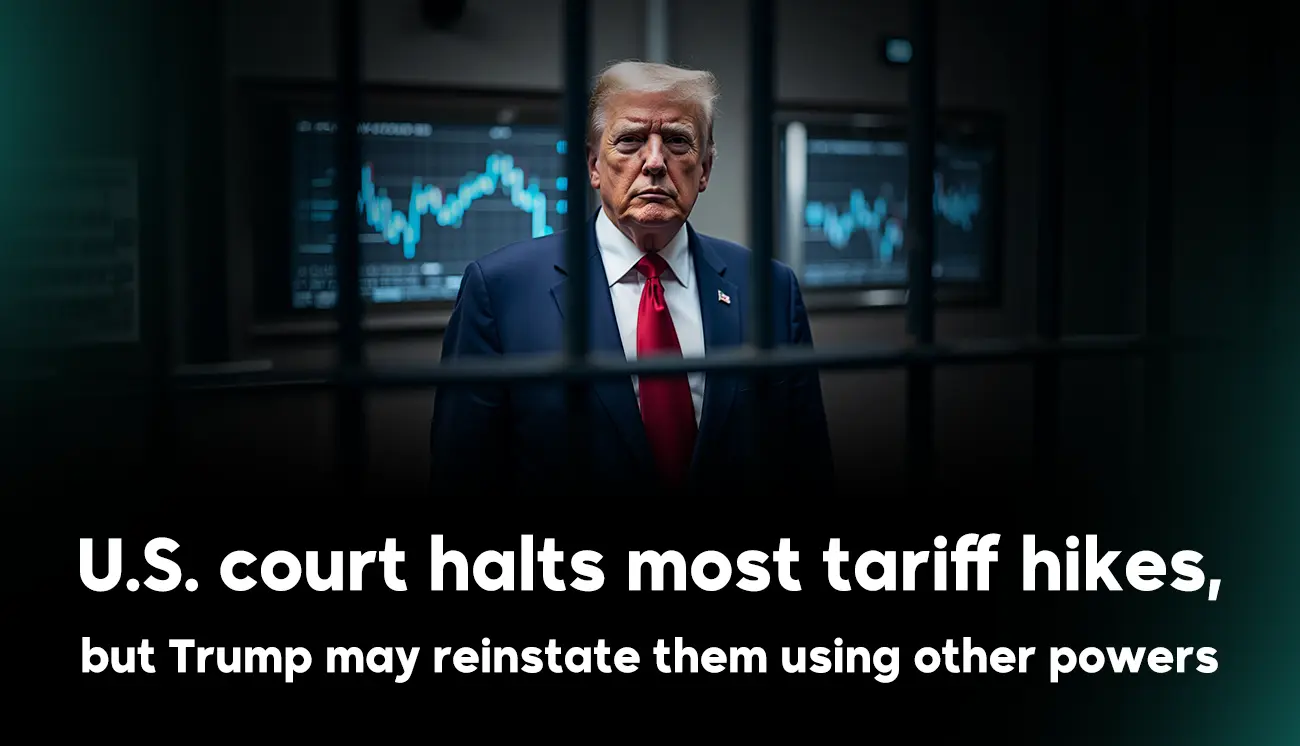In a significant legal development that redefines the contours of U.S. trade policy, the U.S. Court of International Trade has ruled to nullify former President Donald Trump’s plan to impose sweeping tariffs on imports from Canada, China, and Mexico. The ruling was based on the court’s finding that the use of the International Emergency Economic Powers Act (IEEPA) to justify such measures exceeded the constitutional authority granted to the president. The judges emphasized that regulating foreign trade is an exclusive power of Congress, which cannot be overridden even under emergency circumstances not directly related to trade.
The court rejected the administration’s justifications such as the fentanyl crisis and persistent trade deficits arguing that these do not constitute an “unusual and extraordinary” threat that would warrant such broad tariff measures. The ruling, which comes at a pivotal moment, restores institutional balance and sets clear legal boundaries against the future misuse of emergency powers in trade matters.
Financial markets responded positively following the announcement. The U.S. dollar strengthened against major currencies, equity indices in the U.S. and Asia posted gains, and commodities particularly oil saw upward momentum amid easing trade tensions. U.S. 10-year Treasury yields also climbed by roughly 30 basis points, reaching 4.5%, reflecting a moderate rebound in investor risk appetite.
However, this reaction remains cautious. Markets continue to monitor legal and political developments closely, especially as the Trump administration has filed an appeal. While the court decision temporarily blocks comprehensive tariff implementation, the White House retains the ability to pivot toward alternative legal tools, such as Section 122 or Section 301 of the Trade Act, keeping uncertainty elevated across investment strategies.
This comes at a time when both small and large businesses are grappling with trade policy volatility. The prevailing legal ambiguity has led many firms to delay critical decisions related to expansion, hiring, and capital investment. Disruptions in supply chains and rising import costs over recent months have also weighed heavily on operating margins and business stability.
Although the short-term tension has somewhat eased, the administration’s ongoing exploration of legally viable, targeted tariff mechanisms especially those not requiring congressional approval means that businesses remain trapped in an environment of uncertainty. This persistent ambiguity could slow momentum across both industrial and consumer-driven sectors in the months ahead.
The revocation of blanket tariffs does not signal the end of protectionist policy. Instead, it channels the administration toward more narrowly focused tools that carry fewer legal risks. Section 122 allows for temporary tariffs of up to 15% for a 150 day period, while Section 301 provides broader authority to impose tariffs without a fixed cap or timeframe.
Analysts anticipate that the administration may initially opt for short term general tariffs, followed by tactical moves involving formal trade cases against specific countries such as China and the European Union. From a technical standpoint, market behavior will likely remain driven more by political news than by traditional economic indicators in this complex and fluid environment.
In conclusion, the court’s ruling represents a pivotal moment in defining the legal limits of executive trade powers in the U.S., reaffirming Congress’s constitutional role. Yet, its actual market impact hinges on how swiftly and strategically the administration moves to activate alternative mechanisms. Amid continued uncertainty, caution will remain the defining theme in investment strategies for the foreseeable future.
Stay informed about global markets through our previous analyses. and Now, you can also benefit from LDN company services via the LDN Global Markets trading platform.





